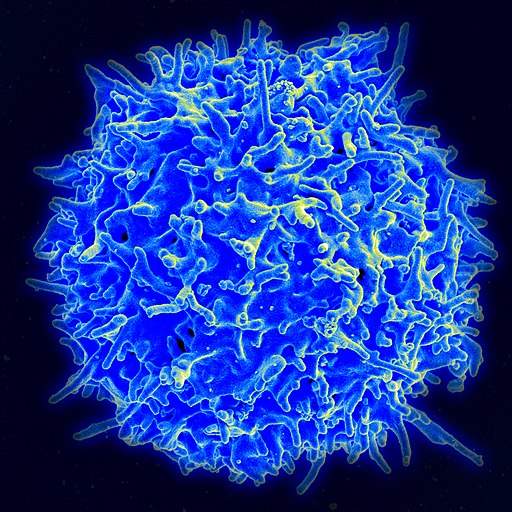
Gene and cell therapy company American Gene Technologies (AGT) has announced its receipt of a second immuno-oncology patent for its novel gene therapy platform. Based on the stimulation of gamma delta (γδ) T cells, the platform seeks to treat solid tumours in epithelial cancers.
γδ T cells attack a range of tumours, including solid and liquid (haematologic) cancers. The most common form of γδ T cells in the blood become activated once they come into contact with tumour cells, responding to changes in tumour cell metabolism and distinguishing between normal and malignant tissues.

Discover B2B Marketing That Performs
Combine business intelligence and editorial excellence to reach engaged professionals across 36 leading media platforms.
The latest patent details AGT’s lentivirus vector platform, ImmunoToxTM, which targets tumour cells through amplifying the γδ T cell danger signal. This raises their tumour-destruction activity, both at the site of the primary tumour and abscopally against secondary tumours and metastases.
“Our platform is designed to make tumour cells more immunogenic such that unmodified γδ T cells respond aggressively to the genetically-modified tumour cells as well as tumour cells at sites distant to the treated area,” AGT chief executive Jeff Galvin said.
“We look forward to advancing this program with the ultimate goal of providing oncologists and their patients with truly novel, efficacious and well-tolerated treatments for cancers.”
Some diseases cause γδ T cells to increase to 50% or more of circulating T cells – as opposed to the 6% level of a healthy system – without creating cytokine release syndrome. ImmunoTox can modify most tumour types, making them highly stimulatory for γδ T cells, yet protecting the surrounding normal tissues from damage as the γδ T cells are highly selective. As such, it is believed that AGT’s technique will be safe for a range of solid tumours, including liver, pancreatic, breast, lung, ovarian and colon.

US Tariffs are shifting - will you react or anticipate?
Don’t let policy changes catch you off guard. Stay proactive with real-time data and expert analysis.
By GlobalDataAGT’s platform seeks to fill gaps in current immuno-oncology treatment methods. The company’s approach does not necessitate unique surface markers for each tumour, which are required in the development of chimeric antigen receptor T cells (CAR-T) or for monoclonal antibodies which target tumours. Importantly, it also allows for a more targeted and precise response to tumours, with less systemic exposure to therapeutic agents. ImmunoTox is also less sensitive to immune checkpoint inhibitors, compared to therapies based on other T cells.
“Our understanding of how we can manipulate the immune system to treat poorly-responding cancers has made great strides over the past 10 years,” AGT chief science officer C. David Pauza said.
“However, most of this work was directed toward the adaptive immune system and finding ways to make CD8+ T cells more aggressive in their attack on tumours. More recently there has been increased interest in employing the innate immune system, particularly γδ T cells, because of their exquisite ability to discriminate normal from malignant tissues and great capacity for killing a broad range of tumour types. We believe AGT is at the forefront of this trend with an approach that has demonstrated significant activity in animal models and holds promise for treating cancer without directly modifying the immune system. We look forward to continuing our in vivo work as we progress toward an IND [Investigational New Drug] and clinical trials.”
AGT’s proprietary lentiviral platform is also applicable to large and orphan indications, infectious disease, immune-oncology and monogenic conditions.





